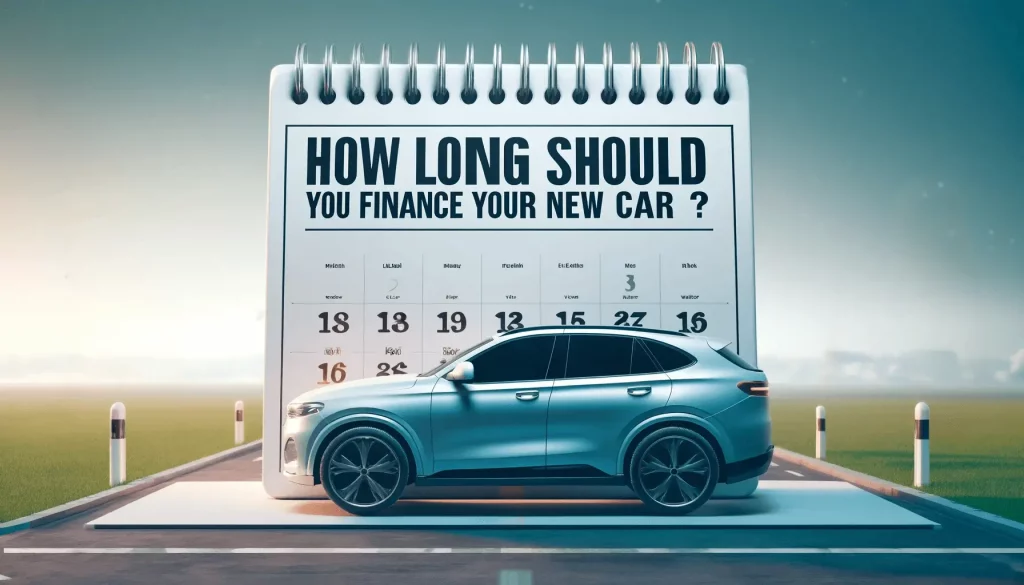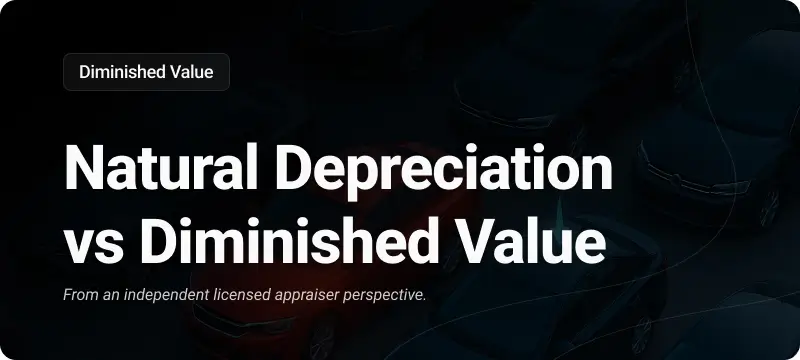Few people pay for a new car entirely upfront, so financing or leasing is the go-to method for most. The agreed-upon length of time you have to pay off your lease or loan is called the term. Let’s dive into what these terms mean, how long they typically last, and why they matter for your wallet.

How Long Should You Finance Your New Car Purchase? (PDF)
What’s the Difference Between a Lease and a Loan Term?
A lease is essentially renting a car for a set period, typically 24 to 36 months. You make lower monthly payments because you’re paying for the car’s depreciation, not its full value. At the end of the lease, you don’t own the car unless you decide to buy it.
On the other hand, a loan involves borrowing money to buy a car, which you’ll pay back over time. Loan terms are generally longer than lease terms, with the average new car loan in the U.S. being just under 70 months.
How Long Can You Finance a New Car?
Loan terms can vary widely. The most common is 72 months, but 84-month and even 96-month loans are becoming more common as car prices increase. These longer loans mean lower monthly payments, making new cars more accessible. However, they come with higher overall interest costs and can leave you paying for a car that’s no longer worth what you owe.
The Perks and Pitfalls of Leasing
Leasing a car can be tempting due to its lower up-front and monthly costs. The lease term often aligns with the vehicle’s warranty, reducing maintenance and repair expenses. Plus, it’s easier to upgrade to a new car every few years. But, leases come with mileage limits and potential extra fees for wear and tear. And at the end of the lease, you have nothing to show for your payments unless you purchase the car.
How Do You Finance a Car?
Financing a car can be done through several avenues: banks, credit unions, or directly at the dealership. Dealerships often promote their in-house financing options, but it’s smart to explore all your options first. Securing a pre-approval from your bank can provide you with a stronger negotiating position when you’re at the dealership, potentially leading to more favorable terms.
Can I Trade In a Financed Car?
Absolutely, you can trade in a car that’s still under finance. The dealership will use the trade-in value to pay off the remaining loan balance first. If your car is worth more than what you owe, you can put the excess amount towards your new vehicle. However, if the trade-in value is less than the remaining loan, you’ll need to pay the difference out of pocket.
Can You Return a Financed Car to the Dealer?
Typically, dealerships don’t accept returns on financed cars unless there’s a significant issue or a specific return policy in place. Once you drive off the lot, the deal is usually final.
Short-Term vs. Long-Term Loans: What’s Better?
Short-term loans, typically ranging from 36 to 60 months, often come with higher monthly payments but lower total interest costs. On the flip side, long-term loans of 72 months or more feature lower monthly payments but rack up higher interest expenses over time. While the lower payments of a long-term loan might be tempting, they can ultimately be costlier and extend your debt period significantly.
What is a Fair Loan Term?
A fair loan term balances manageable monthly payments with minimal interest. For most, a 36- to 60-month loan is ideal, offering a good mix of affordability and total cost savings. If a longer term is the only way to afford the car, reconsider whether the car fits your budget.
Considering Leasing?
If you like the idea of driving a new car every few years and don’t drive excessively, leasing might be for you. But be mindful of life changes that could impact your car needs. A two-seater sports car won’t cut it if your family suddenly grows!
Choosing the right financing or leasing option can save you thousands and help you avoid financial headaches. Always consider the total cost, not just the monthly payment, to make the best decision for your financial health. What’s your take on the ideal car loan term?



